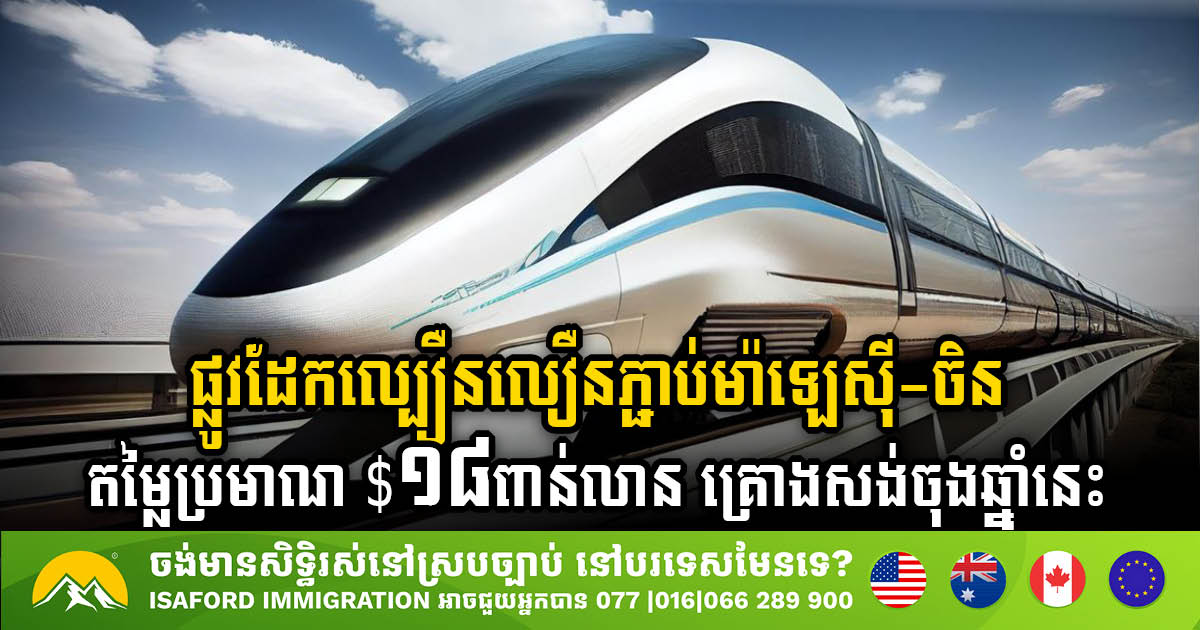Japan’s JBIC Eyes Partnership for Major Infrastructure Development in Cambodia
The Japan Bank for International Cooperation (JBIC) has showcased a strong interest in collaborating on significant infrastructure projects in Cambodia. This development was announced following a meeting between Prime Minister Hun Manet and JBIC President and CEO Maeda Tadashi on May 28, 2025. During their discussions, President Maeda emphasized JBIC’s commitment to fostering partnerships with […]
The Government Announces New Opening Date for Techo International Airport
In a significant new update for travelers and the aviation industry, the State Secretariat of Civil Aviation has announced a revised opening date for the much-anticipated Techo International Airport in Takhmao. Originally set to open on July 10, 2025, the grand opening is now scheduled for September 9, 2025, as indicated in a notice issued […]
National Road 10 Completed: Enhancing Regional Connectivity
The construction of National Road 10, stretching over 197.36 kilometers, has been officially completed, marking a significant milestone in the region’s infrastructure development. The road is now fully operational and has undergone a thorough inspection by a team of skilled technicians to ensure its longevity and adherence to technical standards. A detailed assessment was conducted […]
Singapore Resumes Construction of Changi Airport’s Largest Passenger Terminal After Pandemic Delay
In a significant milestone for Singapore’s aviation sector, the construction of Terminal 5 (T5) at Changi Airport has officially commenced following a two-year pause brought on by the COVID-19 pandemic. The groundbreaking ceremony, which took place on May 14, 2025, was graced by Prime Minister Lawrence Wong. Prime Minister Wong highlighted that the new terminal […]
Doun Tri Dam Construction 97% Completion
The construction of the Doun Tri Dam in Battambang province is now 97% complete, with final completion expected by October 2025. This significant infrastructure project, located in Rukkakiri district, is being financed through concessional loans from the Republic of Korea. During a project progress review led by His Excellency Tho Jetha, Minister of Water […]
Irrigation System Project in Banteay Meanchey and Battambang is 75% Completed
Banteay Meanchey and Battambang provinces are making strides in agricultural development as the irrigation system construction project reaches a significant milestone. As of May 7, 2025, the project is 75% complete, thanks to financing from the Korean Eximbank. During a progress review meeting led by His Excellency Minister Tho Jetha, Minister of Water Resources […]



 ខ្មែរ
ខ្មែរ







